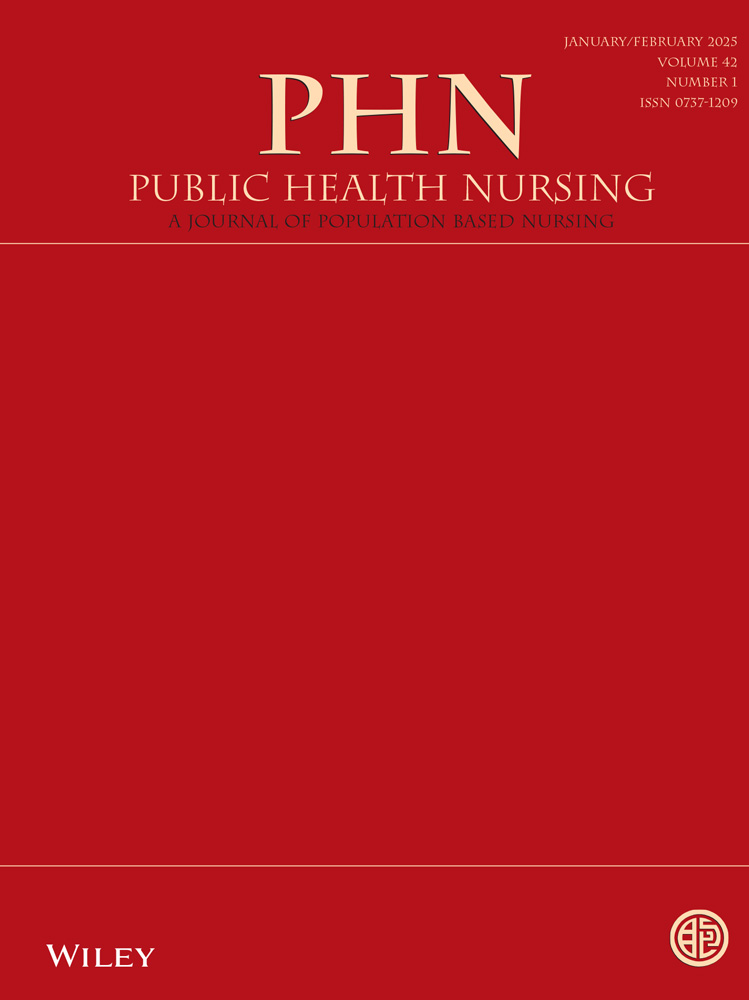Effectiveness of Activity Supported Earthquake Awareness Education Program in Primary School Children: “I Know What I Need to Do, I'm Not Falling Even If We Shake” Project
Funding: This study was supported by the Scientific and Technical Research Council of Turkey (TUBITAK) 2209-A University Students Research Projects Support Program [Grant number: 1919B012302965].
ABSTRACT
Objective
The objective of this study was to enhance the knowledge base of primary school children regarding earthquake preparedness through the implementation of an activity-based earthquake awareness education program.
Methods
The study was conducted as pre–posttest semi-experimental design with one group of 333 children in a primary school between January and May 2024. A Descriptive Information Form and Earthquake Awareness Knowledge Level Form were the data collection tools. The children were provided with a 6-week (modules) education program. Measurements were made before and after the education.
Results
The mean age of the children was 7.16 ± 0.73 years (6–9), 56.8% were girls, 43.2% were boys, and 25.8% were second-grade children. Earthquake Awareness Knowledge Level Form total score was higher after the education (18.31 ± 1.52) than before (15.51 ± 3.73) (t = −16.144, p < 0.001). The study revealed an increase in children's knowledge regarding appropriate behaviors in the context of earthquakes, encompassing actions to be taken before, during, and after such events.
Conclusion
Modular education and applied activities are effective in increasing children's knowledge levels in the context of teaching a concept such as earthquake preparedness, where the acquisition of life-based skills is of paramount importance.
Conflicts of Interest
The authors declare no conflicts of interest.
Open Research
Data Availability Statement
The data that support the findings of this study are available from the corresponding author upon reasonable request.




